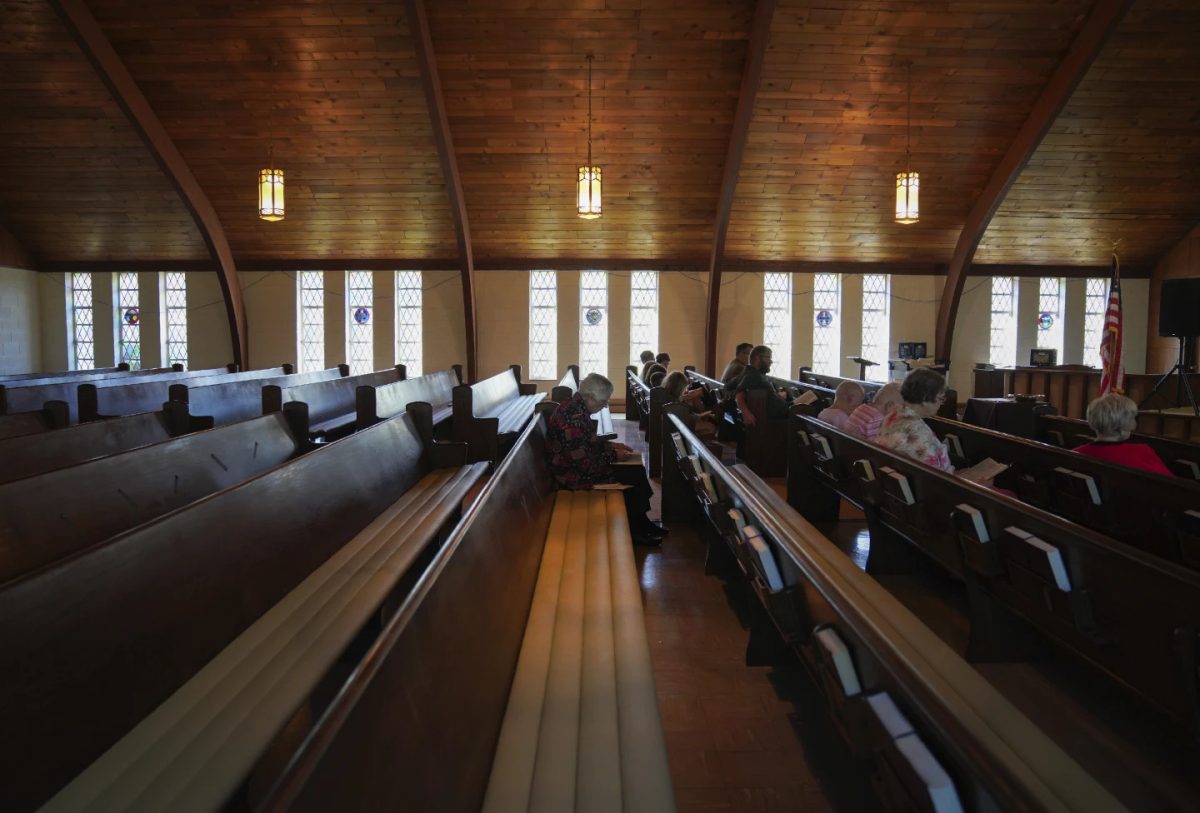While scrolling through TikTok, I came across a video that deeply disturbed me: a pregnant teen stood before her church congregation, trembling, as she apologized for her “sin” of becoming pregnant out of wedlock.
Her voice quivered, and she could barely restrain her tears. It was clear this was no act of repentance but rather a humiliation ritual. The raw vulnerability in her eyes pierced me, and I couldn’t help but question how something so profoundly dehumanizing could be framed as “holy.”
After the video went viral, her mother defended the situation, claiming her daughter willingly approached the congregation and was embraced with love. But the truth was evident to all who watched, this was coercion, not choice.
It was a heartbreaking example of how the church, as an institution, often fails those it claims to serve, alienating its most vulnerable members under the guise of sanctity.
The internet was ablaze with opinions. Some called out the misogyny inherent in the spectacle—the girl shamed publicly, while the boy responsible was nowhere to be found. Others decried the dangers of conservatism, and how it suffocates rather than nurtures.
Yet, an uncomfortable truth lingered in the shadows, one that few have dared to confront: the church, as an institution, is increasingly losing its divine essence.
Why are we hesitant to admit that the church, for many, has become a space of alienation rather than a sanctuary? There is nothing holy about stripping someone of their dignity in the name of righteousness.
The church was once the house of God, a place where his presence was palpable—a refuge for the weary, broken and outcast. Yet, in churches like this one, it feels as though you’re stepping into hell on Earth. When the pulpit becomes a throne for judgment and shame, where do the wounded go to heal?
If a church is no longer safe, then what is its purpose?
This is where religion, as a social construct, falters. It becomes less about God’s boundless love and more about rigid conformity to man-made standards. Abide by these rules or be cast out. Such institutions wield power not to uplift but to control, and in doing so, they choke the spirit. Perhaps what we need is not more religion but more God.
This isn’t to say that every church is corrupt or that Christianity itself is flawed. As someone who believes in the beauty of Christianity in its purest form, I see faith as a wellspring of hope, love and redemption. But Christianity has been hijacked by false prophets or wolves in shepherds’ clothing, who exploit faith for power. What was once a pathway to divine communion has, in many cases, become a mechanism of oppression.
What Christianity needs is a revival—a cleansing fire to burn away the chaff and reveal the unblemished heart of the gospel. It must return to following Jesus, not religion. Jesus, in his radical love, welcomed the very people society deems unworthy. He offered restoration, not condemnation. Religion, as we know it, kills the spirit, but Jesus resuscitates it, breathing life into what’s broken.
Perhaps this is what we’re being called to, not the dismantling of faith, but rather its transformation. A new movement, one rooted not in shame or control but in freedom, compassion and truth. A movement where the church once again becomes the house of God, radiant with love, instead of a tomb for the soul.
Amyri Jones is a 23-year-old digital advertising and religious studies senior from Baton Rouge, La.
Opinion: Churches are stripping away dignity in the name of righteousness
By Amyri Jones, Opinion Columnist
January 26, 2025
Roughly a dozen people attend pastor Ryan Burge’s Sunday service at First Baptist Church in Mt. Vernon, III., Sept. 10, 2023.





